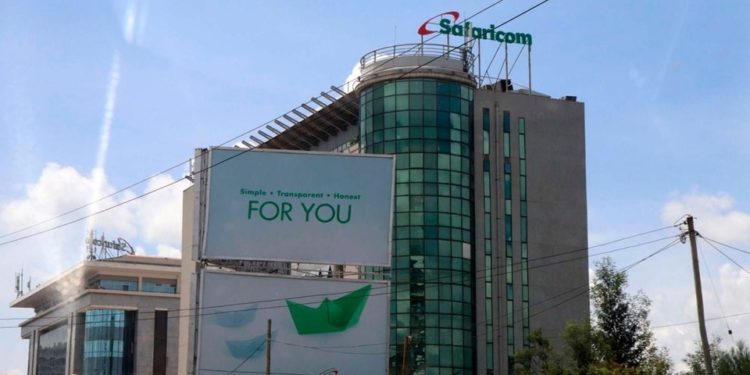FMR LLC, operating as Fidelity Institutional Asset Management, a prominent American investment management entity, has opted to divest a substantial portion of its holdings in Safaricom.
Once among the top five investors in Safaricom, FMR has scaled down its stake from 921.1 million shares in September 2022 to approximately 314 million shares recently.
This strategic move stems from frustrations regarding delayed dividend repatriation, attributable to difficulties in acquiring U.S. dollars from the Kenyan market.
According to sources, FMR commenced the process of offloading shares in Safaricom during the last quarter of 2022, citing challenges in timely repatriating dividends, a crucial requisite for foreign investors.
Notably, in December alone, the firm sold 92.5 million shares, constituting 61.3% of the total 151.0 million Safaricom shares traded during that period.
The stock price of Safaricom witnessed a sharp decline from KES 29.82 in September 2022 to KES 13.30 recently, resulting in a significant devaluation of the company on the Nairobi Securities Exchange (NSE), plummeting by 55% from KES 1.2 trillion to KES 532.9 billion.
The persistent divestment of Safaricom shares by FMR has sparked concerns regarding a potential complete exit from its investment, exacerbating an oversupply of shares in the market and further exerting pressure on the stock price.
Safaricom’s CEO, Peter Ndegwa, has acknowledged the challenges associated with dividend repatriation, citing delays of up to four months due to liquidity issues with the Kenyan currency. Despite announcing a KES 23 billion interim dividend, Safaricom’s recent disclosures failed to invigorate market optimism as in previous instances.
The divestment actions undertaken by FMR, coupled with those of other foreign investors such as Harding Loevner LP, Nikko Asset Management Americas, and Wellington Management, have significantly influenced Safaricom’s share price.
Safaricom, alongside banks, which are consistent dividend payers, necessitate U.S. dollars to fulfill obligations to foreign investors, thereby adding strain to the exchange rate.
This scenario underscores broader apprehensions concerning the Kenyan market’s capacity to facilitate prompt withdrawals of foreign investments. Reports indicate that the delays in dividend repatriation coincided with the initiation of FMR’s divestment activities, corroborating Ndegwa’s statements.
FMR’s decision to divest its Safaricom shares, alongside similar actions by other foreign entities, underscores the challenges confronting foreign investors in repatriating dividends from the Kenyan market, thereby impacting both the company’s valuation and the overall market sentiment.
















